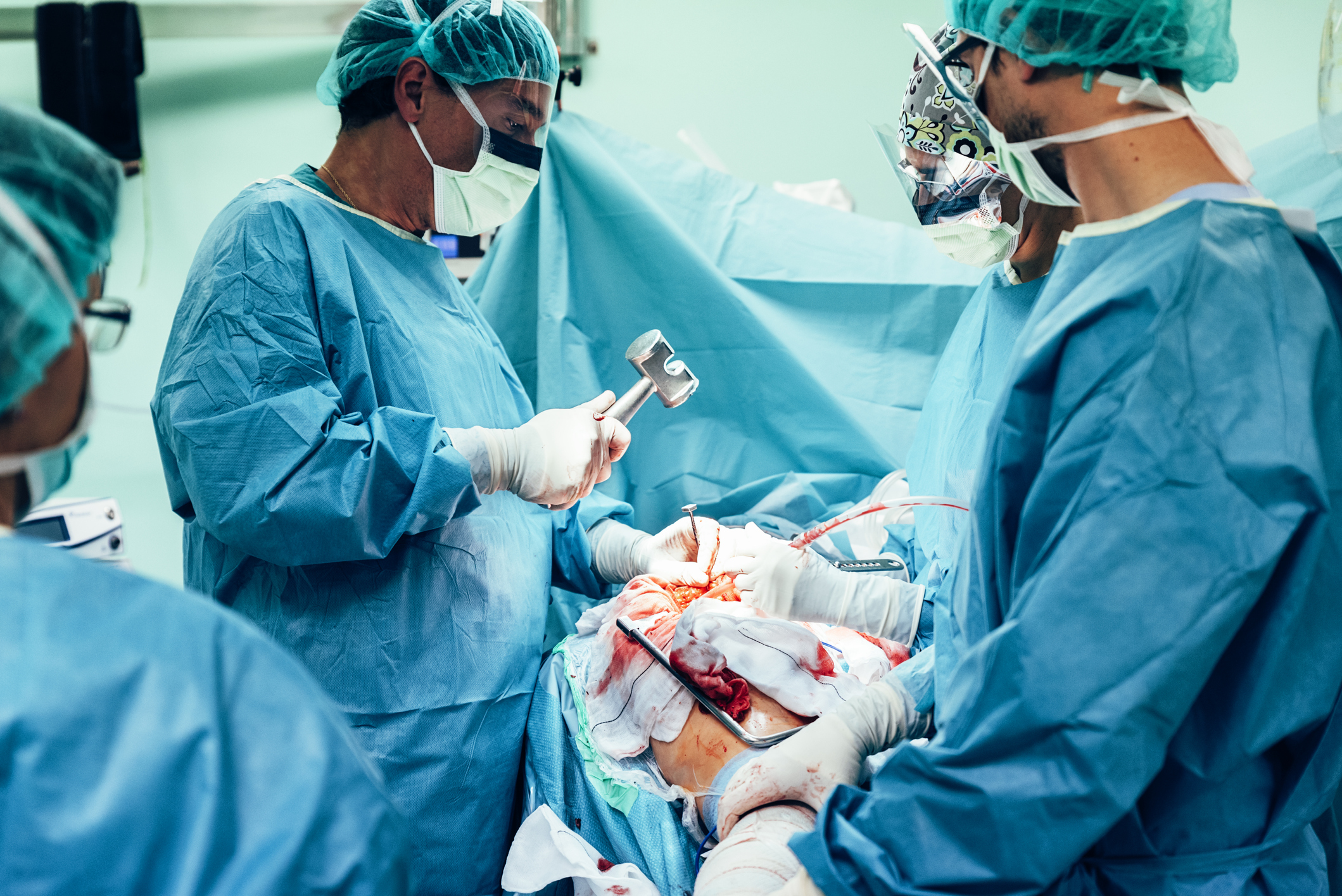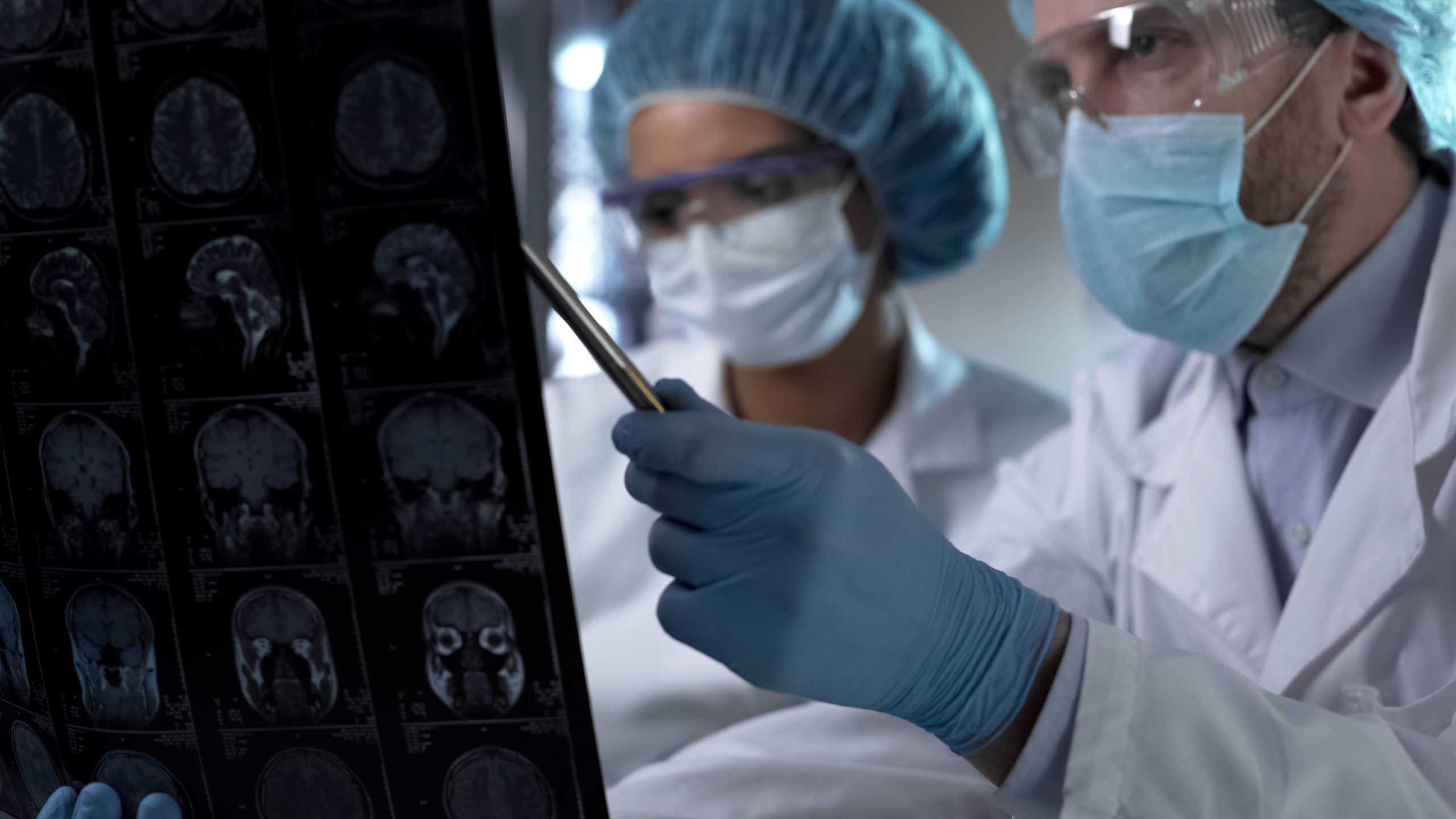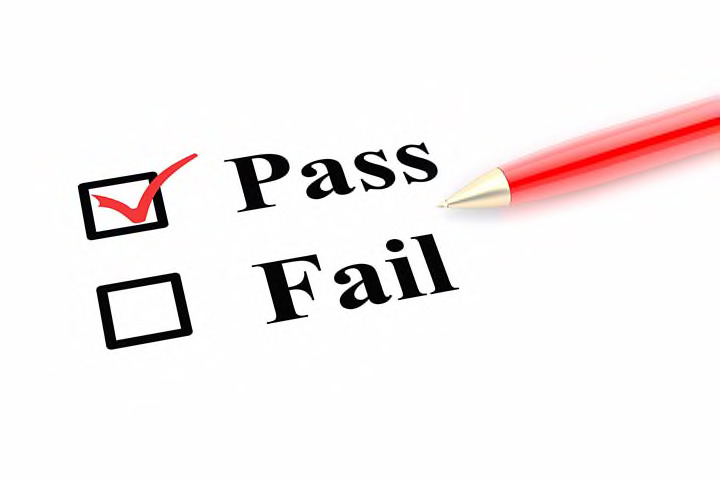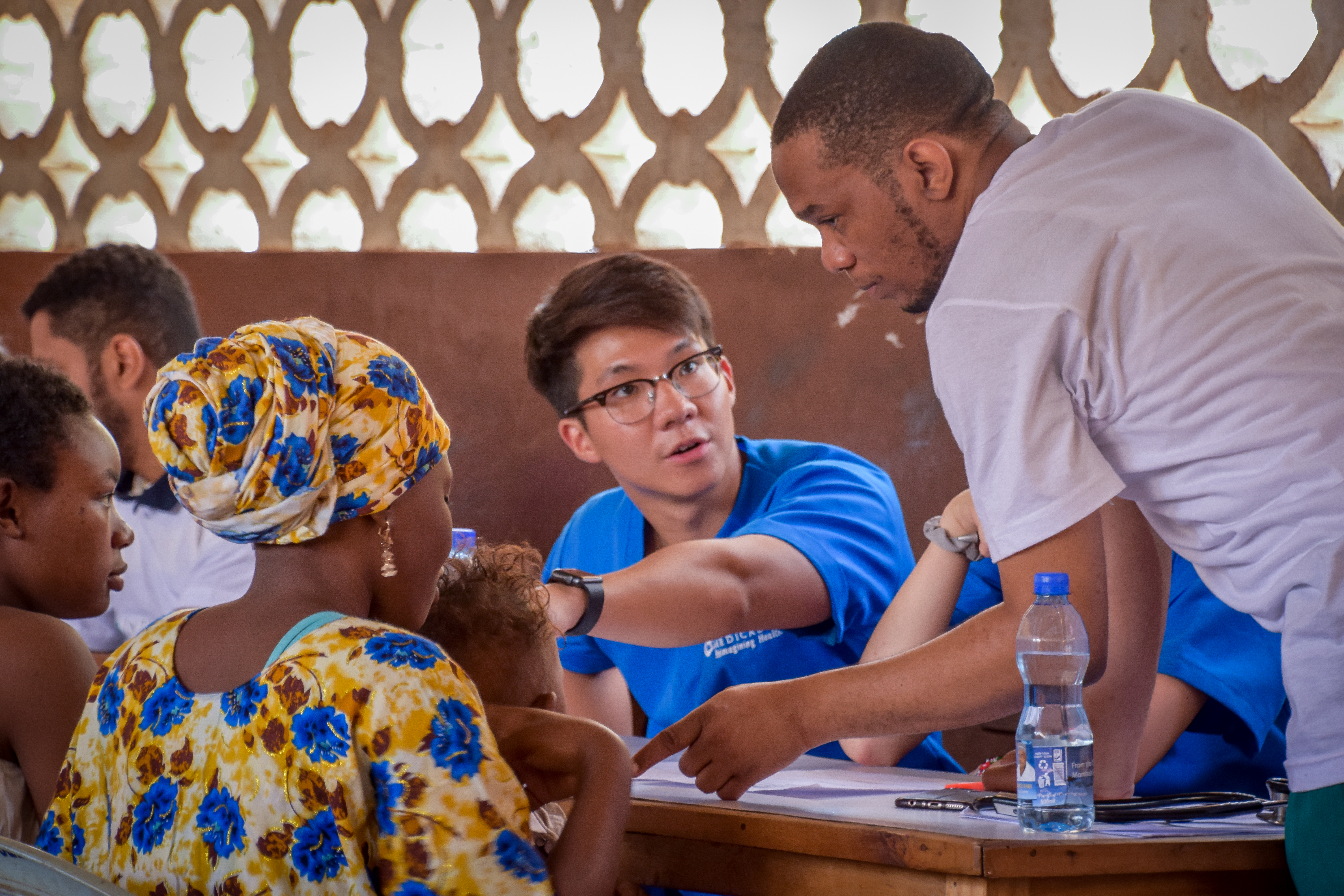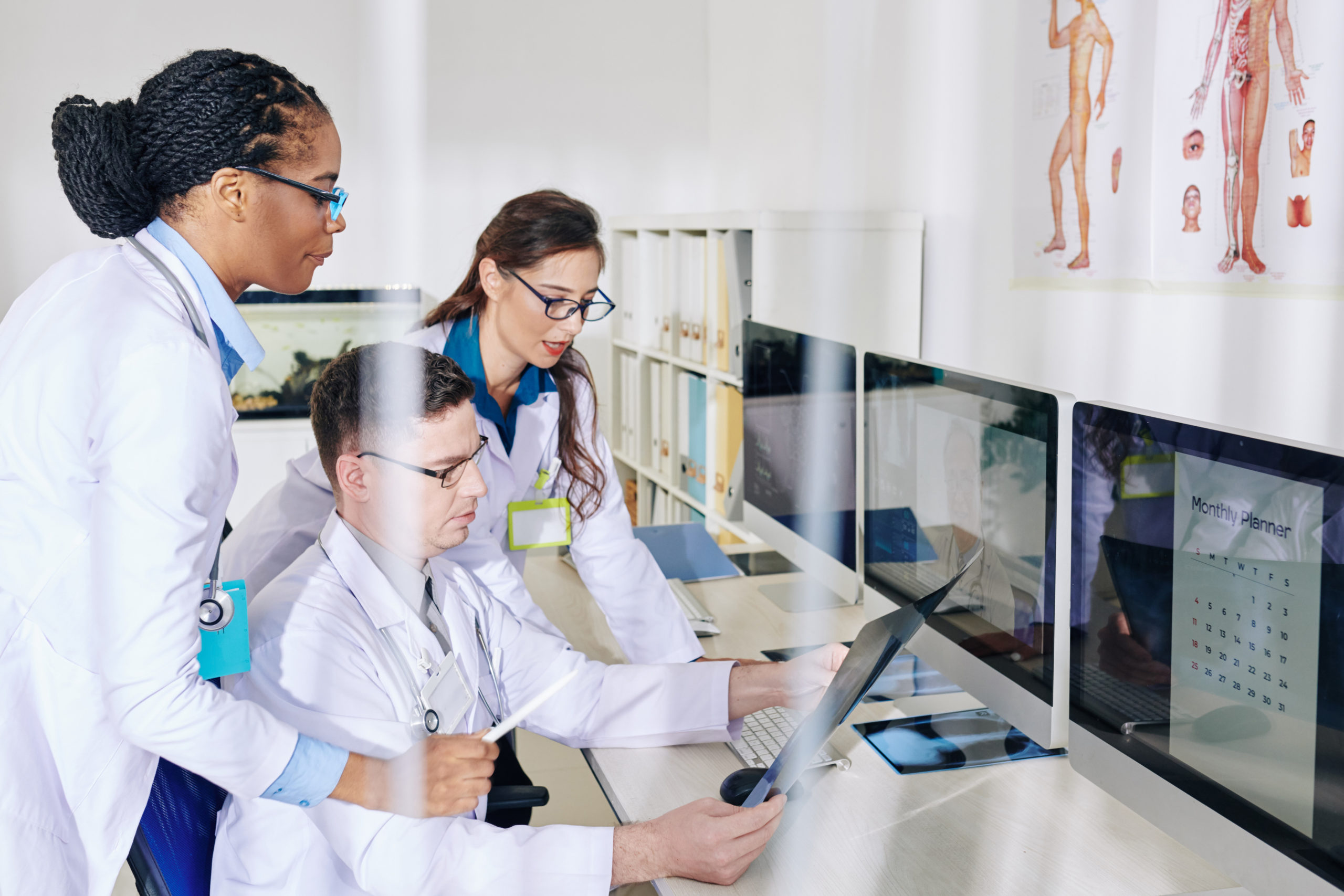Board examinations are a critical part of becoming a doctor. You need to prove your knowledge and your ability to synthesize that knowledge and apply it to medical situations with real-life patients. First, you have to pass USMLE Step 1. This exam must be taken before you can begin your clinical rotations. And then you must pass USMLE Step 2 CK before you can practice medicine as an MD or DO.
So, what’s the difference between Step 1 and Step 2? How should you prepare for Step 2? When should you take Step 2? Exactly how much clinical knowledge do you need to have? We’ll be answering all those questions and more in today’s article. We’re talking about everything you need to know for USMLE Step 2 CK.
Recent Changes Made to Step 2 USMLE
Before we dive in, we’d like to address some recent changes that were made to Step 2 USMLE. In the past, there was USMLE Step 2 CS and Step 2 CK. The CS stood for Clinical Skills. It was a separate part of the test. You would conduct a physical examination for a patient, get their medical history and provide them with a diagnosis.
As of January 26, 2021, this portion of the exam was discontinued. The Clinical Knowledge that you’re tested on is now sufficient to prove yourself and get your medical license.
When Should I Take USMLE Step 2 CK?
You’ll take USMLE Step 2 CK during your last year of medical school. The test is taken at this time because you’ve gained the necessary knowledge to pass the test through your clinical rotations and shelf exams.
Exactly when during your fourth year is up to you, though, as long as it’s during your eligibility period. We’ll discuss that later on in this article. You might want to take Step 2 CK right after you complete your rotations before you have time to forget anything. But you might feel burned out and in need of a break. In that case, you might schedule the test a few months out.
Either way, as long as you take the test during your fourth year of med school, you’ll be good to go.
USMLE Step 2 CK Specifications
USMLE Step 2 CK tests you on lots of content. It’s important to learn all the essential information for each specification, even though you won’t be tested on all of it. Doing so will cover all your bases.
Here are the test specifications:
- General principles
- Immune system
- Blood and lymphoreticular system
- Behavioral health
- Nervous system and special senses
- Musculoskeletal system / skin and subcutaneous tissue
- Cardiovascular system
- Respiratory system
- Gastrointestinal system
- Renal and urinary system, male reproductive system
- Pregnancy, childbirth and the puerperium
- Female reproductive system and breast
- Endocrine system
- Multi-system processes and disorders
- Biostatistics and Epidemiology / Population Health / Interpretation of Medical Literature
- Social Sciences: Legal / Ethical Issues and Professionalism / Systems-based Practice and Patient Safety
Here are the Physician Task / Competency Specifications.
- Medical Knowledge: Applying Foundational Science Concepts
- Patient Care: Laboratory / Diagnostic Studies, Diagnosis and Prognosis / Outcome
- Patient Care: Health Maintenance / Disease Prevention, Pharmacotherapy, Clinical Interventions and Mixed Management
- Practice-based Learning and Improvement, Professionalism and Systems-based Practice and Patient Safety
Here are the Discipline Specifications.
- Medicine (50-60%)
- Surgery (25-30%)
- Pediatrics (20-25%)
- OB/GYN (10-20%)
- Psychiatry (10-15%)
Other important topics include:
- Professionalism
- Patient safety
- Systems-based practice
- Legal / ethical issues
The Types of Questions You’ll Be Asked
There are three categories of questions on Step 2 USMLE:
- Single-item questions
These questions will test your ability to concentrate and pay attention to detail. There will be anywhere between three to 26 questions for each single-item question. Some of the answers will contain part of the answer but not all of it. Read carefully through all your options, and only select the answer that is 100% correct. - Sequential-item sets
As you answer each question, the next question will be presented to you. All of the questions will revolve around the same topic. There’s a catch, though. Once you’ve selected your answer, you can’t change it, so think carefully before clicking! - Abstract-based questions
A specific medical scenario will be presented to you, and you’ll be asked questions about it. The challenge with these questions is thinking through them and answer them quickly. The abstract-based questions challenge your ability to receive information and make clinical decisions based on that information, all in a timely manner.
Study Resources
The key to successfully passing Step 2 USMLE is utilizing the right study resources. There are quite a few resources specifically designed for USMLE Step 2.
- UWorld
Even if you haven’t used UWorld, you’re likely familiar with it. Many students use UWorld as a resource for USMLE Step 1. The best parts of this resource are the question banks and self-assessments. - First Aid for USMLE Step 2 CK
If mnemonics and illustrations are your go-to study tools, then you’ll want this textbook. - USMLE Step 2 Secrets
This textbook comes with a unique, question/answer-based format. - Master the Boards Step 2 CK
This textbook is good for generalized details. - Step-Up to USMLE Step 2 CK
This book is on the shorter side. It’s a great tool for learning the basics, but you’ll want to supplement it with a more detailed source.
We don’t recommend purchasing or renting every textbook you can find. That would quickly overwhelm you. Having a few definitive sources will help you effectively study while managing your time and resources well.
Registering for Step 2 USMLE
You can only register for Step 2 USMLE during your eligibility period. This eligibility period will be assigned to you. You must schedule and take the test during this time. Need to reschedule it? Make sure it’s still within your eligibility period, or you won’t be able to take it.
US and Canadian students will register for Step 2 USMLE through the National Board of Medical Examiners. The registration fee is $645. International students will register through the Educational Commission for Foreign Medical Graduates. The registration fee is $965. Additional fees will accrue if you reschedule your exam. The region in which you test determines what those fees are.
Prepare for Step 2 USMLE
You’ve probably heard the word prepare a lot. It’s the mantra of most medical students because it’s true for many reasons. You should begin your preparations for medical school as soon as you know you want to be a doctor. Your preparations for USMLE Step 2 CK should begin long before you take the exam.
Creating a strong foundation will prepare you better than anything else will.
- Learn as much as you can during your rotations.
- Study carefully for your shelf exams.
- Set aside daily time to study.
- Single-task instead of multi-tasking – it’s proven to be more effective.
- Get enough sleep so your brain can absorb all the information you’re feeding it.
- Don’t study for hours on end. You’ll want to take frequent breaks.
Prepare for Exam Day
Preparing for your exam day is as important as studying for the test. Knowing what to expect will greatly reduce your stress and anxiety on test day.
What the Test Will Be Like
USMLE Step 2 CK is a one-day exam that takes nine hours to complete. The test is divided into eight sections that each last for 60 minutes. Each block contains up to 40 questions, meaning that there can be 318 total questions on the exam. But each section varies, so it’s unlikely that you’ll answer exactly 318 questions.
You’ll have 45 minutes worth of break time during the test. We recommend taking 15-minute breaks between blocks to give your brain a break and prevent yourself from tiring too easily. The other option is to take a longer break for lunch. But this will limit your break time throughout the rest of the day.
It’s a good idea to pack snacks like protein shakes, protein bars and nuts. Snacks should be non-perishable and easy to eat. Lots of protein and fiber will help you get through your day.
If you finish a block early, you can move on to the next one, or you can use the extra time as break time. But don’t rush through a section to get more break time. You could risk missing important information that could lead to selecting incorrect answers.
What to Bring During the Exam
- A valid ID
- USMLE scheduling permit
- Something to drink
- Snacks of your choice
- Foam earplugs (to cancel out sound and reduce distractions)
- Approved items
Arrive Early
You’ll want to get to the testing center 30 minutes early. You’ll pass through a metal detector to ensure you didn’t bring any prohibited items. You’ll need to empty your pockets and show your photo ID. You’ll also need to write down your Candidate Identification Number (CIN).
Getting Your Results
Your results can come as early as three weeks after taking the exam, but it can take up to eight weeks. As soon as you get your results, you’ll probably start analyzing your scores for matching with residency programs. If you have any questions, we offer medical residency admissions consulting. We can help you break down your score and navigate the residency process.
The Scores to Match
A score of 209 is passing, but you’ll want to score at least 247. That is the average median score for most competitive applicants. But some of the most competitive residency programs will require even higher scores. Here are the scores that match with residencies. We’ve included MD and DO scores, so you can see what you need to score based on what kind of medicine you want to practice.
- Dermatology: MD 256 / DO 253
- Internal Medicine/Pediatrics: MD 250 / DO 241
- Interventional Radiology: MD 255 / DO 250
- Neurological Surgery: MD 252 / DO 231
- Otolaryngology: MD 256 / DO 250
- Orthopedic Surgery: MD 255 / DO 252
- Plastic Surgery: MD 256 / DO n/a
- Anesthesiology: MD 246 / DO 243
- Child Neurology: MD 246 / DO 238
- Diagnostic Radiology: MD 249 / DO 246
- Emergency Medicine: MD 247 / DO 241
- Family Medicine: MD 238 / DO 233
- General Surgery: MD 249 / DO 243
- Internal Medicine: MD 248 / DO 240
- Neurology: MD 245 / DO 238
- OB/GYN: MD 248 / DO 242
- Pathology: MD 242 / DO 234
- Pediatrics: MD 245 / DO 237
- Physical Medicine and Rehabilitation: MD 241 / DO 236
- Psychiatry: MD 241 / DO 238
- Vascular Surgery: MD 247 / DO 250
If you failed the exam, you will still be okay. While you must pass the exam to become a licensed doctor, you can retake it within your eligibility period. If you’re worried about getting into a residency program, we recommend formulating a game plan for your next steps. Our medical residency admissions consulting can help you pave your way towards success. You can strengthen other parts of your application and re-assess your study techniques, among other things. Contact ustoday to get started.
Conclusion
The USMLE exams are challenging. They’ll give you anxiety, but they’ll also help launch your career. Scoring well will make it easier to match with your top choice for residency. Studying and preparing for USMLE Step 2 CK will set you on a path to success – even if you ultimately have to retake the exam. You can succeed and go on to become a doctor. If you need help with residency, consider our medical residency admissions consulting. We can help you navigate through the matching process.
Still considering which medical schools to apply to? We have a series of definitive guides on getting into medical school here on our blog. Check out the schools we’ve covered so far:
- UC Davis School of Medicine
- Harvard Medical School
- UC Riverside School of Medicine
- USC Keck School of Medicine
- UT Southwestern Medical School
- Long School of Medicine at UT Health San Antonio
- University of the Incarnate Word School of Osteopathic Medicine
- UT Austin’s Dell Medical School
- UTMB School of Medicine
- McGovern Medical School at UT Health
- Johns Hopkins School of Medicine
- McGovern Medical School at UT Health
- The University of Texas Rio Grande Valley School of Medicine
- UNT Texas College of Osteopathic Medicine
- University of Houston College of Medicine
- Texas A&M College of Medicine
- Johns Hopkins Medical School
- Baylor College of Medicine
- George Washington University School of Medicine
- Vanderbilt University School of Medicine
- St. George’s University School of Medicine
- Lake Erie College of Osteopathic Medicine (in Pennsylvania)
- Sidney Kimmel Medical College at Thomas Jefferson University
- Wake Forest University School of Medicine
- Western University of Health Sciences (in California)
- Drexel University College of Medicine
- Stritch School of Medicine at Loyola University Chicago
- Georgetown University School of Medicine
- Yale School of Medicine
- Perelman School of Medicine
- UCLA Medical School
- NYU Medical School
- Washington University School of Medicine
- Brown Medical School
Good luck with everything. And remember, if you need any help, International Medical Aid is here for you through our consulting services. We can help you with any part of the medical school application and admissions part. We also assist pre-med students with the steps you’ll take later on, like residency and fellowship.


